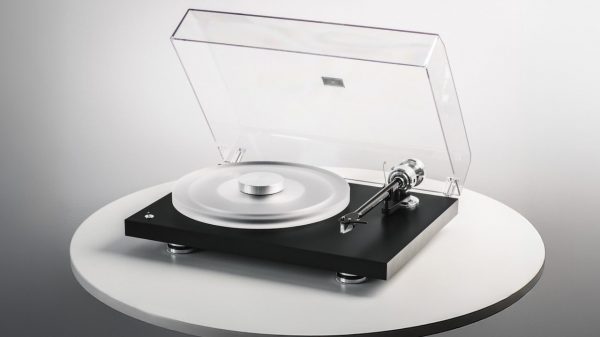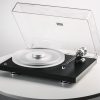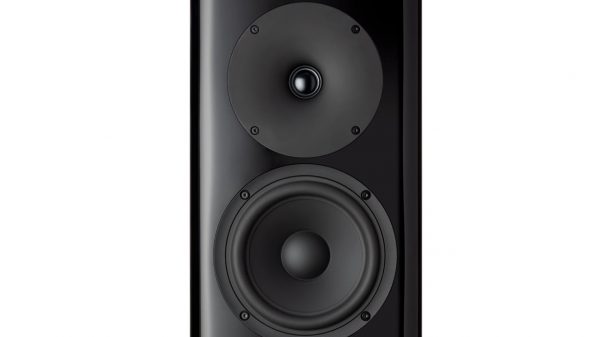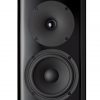By Defragmenting Your Hard Drive you Extend its Life
Every day we encounter situations and problems that we have to address that we dealt with the previous day, week or month. Just because we had lunch yesterday doesn’t mean we can ignore the meal today, filling up our gas tank on Monday doesn’t mean it will be full on Friday, and paying a phone bill at the beginning of the month won’t prevent another bill from coming at the end of the month. While we have come to accept that this is the way life is, the dream of a magic little pill that would eliminate the need to continuously deal with the day to day issues is still attractive.
The likelihood that a pill will ever exist that will eliminate the need to eat, refuel our car or pay another bill is probably slim but that “pill” does exist for one problem that many of us either face now or will face in the future.
That problem, of course, is a slow computer.
On a daily basis millions of people are subjected to the frustrating process of working on a computer that hardly promotes efficiency. For anybody who has ever witnessed another person working on a slow computer, the pain is obvious. Whether it’s a silent prayer to the computer gods, a violent smack to the side of a monitor or just a string of words that couldn’t be found in a dictionary the sheer agony caused by a slow computer is enough to produce human reactions not typically associated with other technological advancements.
What makes a slow computer painful is the fact we know exactly what it’s like to work on a healthy computer that’s operating at its peak. As we sit there starring at a blank screen as a progress bar at the bottom inches its way to completion we know it shouldn’t be taking this long. We begin to think of all the things that we could have done if the computer was moving quicker, maybe we would actually get out of the office on time, watch a video without the player stopping every few seconds to load, or maybe we could actually place a bid for an auction item that we can’t live without.
For whatever reason many of us think that once a computer starts to lose its speed there is little we can do to reverse the problem. Rather than look for the solution we just try to muster up enough strength and patience to voluntarily sit down in front of a computer that seems bent on driving us crazy.
First things first, there is no need to sit in front of a slow computer. There is a reason why computers lose speed and it rarely has anything to do with age or your personal belief that it seeks your destruction. A computer that is operating slowly is almost always affected by the computer disease known as fragmentation. While this disease is certainly capable of destroying your hard drive it is also very treatable.
So what is fragmentation? Quite simply it’s the scattering of files across your hard drive. As you save a file it is placed directly behind the last file saved and this process continues with subsequent files. When you recall a file, make changes, and then resave that file it will no longer fit in the original space so the hard drive cuts the excess information and stores it in the next available space, this is now a fragmented file. Every time that file is recalled and resaved it is broken into more pieces and spread across the hard drive. This process is what causes your computer to slowdown because whenever you’re issuing a command the hard drive is forced to search for all the pieces that comprise that file or application. It’s not just documents that become fragmented but all files, meaning any time you update a file it will become fragmented.
The danger of fragmentation is if it’s left untreated it will cause the hard drive to crash and you could lose all the information that had been saved.
By installing defrag on your hard drive you not only get rid of fragmented files but also prevent them from re-occurring. Unlike eating, filling your gas tank or paying a bill, installing defragmentation on your hard drive only needs to be done once.
Once installed defrag will scan the hard drive for the dangerous files and piece together the information that belongs together, and then save that info as a single file in one spot, meaning your computer will easily find the file next time you request it.
By defragmenting your hard drive you not only speed up your computer, you extend its life























